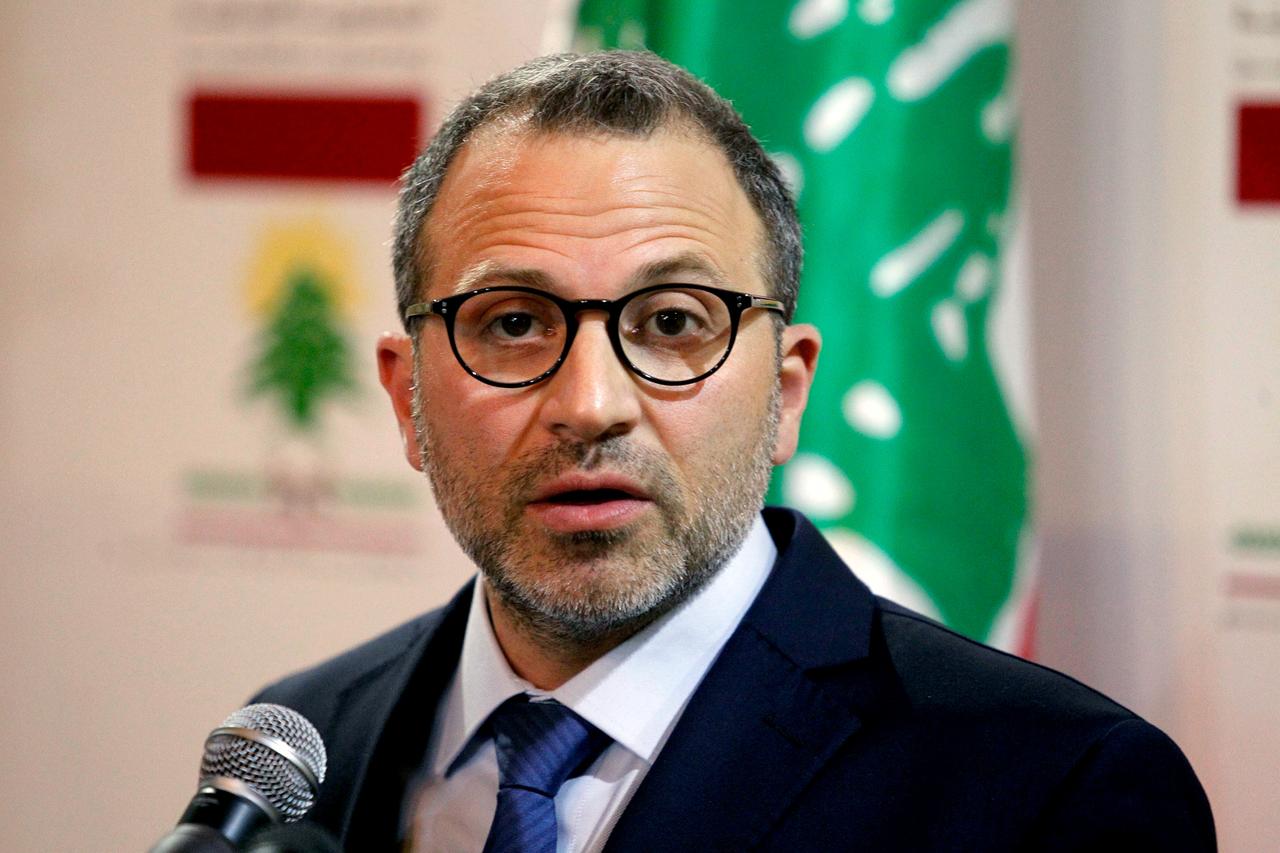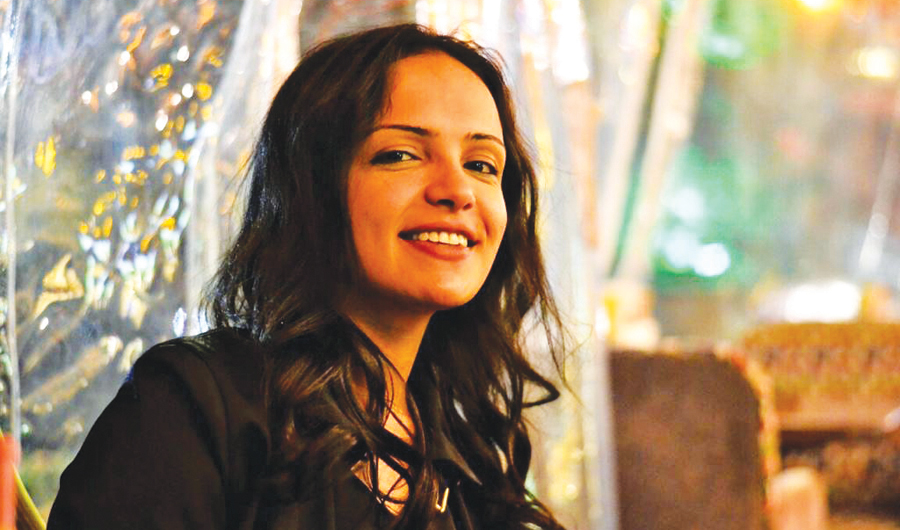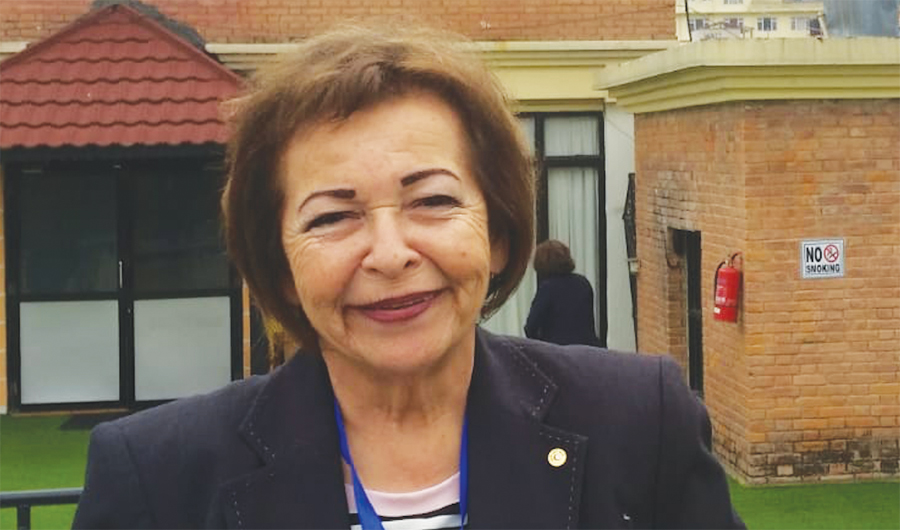Crisis Group report slams Israeli’s $530m plan for occupied East Jerusalem
AMMAN: The International Crisis Group (ICG) has called on Israel not to implement controversial parts of a $530 million, five-year plan to develop occupied East Jerusalem without any input from the Palestinian community.
In a 40-page report published on Tuesday, the ICG called on Israel not to separate Palestinian communities in parts of East Jerusalem from the city’s municipality, force schools there to adopt Israel’s curricula, and introduce a land registry.
The report, titled “Reversing Israel’s Deepening Annexation of Occupied East Jerusalem,” concludes that these actions “would exacerbate the conflict in and over Jerusalem.”
Ofer Zalzberg, a senior analyst with the ICG and the report’s main author, told Arab News that despite settlement construction in East Jerusalem and severe impediments placed on natural growth in Palestinian neighborhoods, Israel has failed to establish a durable and substantial Jewish majority in that part of the city.
Zalzberg said a former Israeli minister described the dilemma to him as follows: “East Jerusalem remains stuck in our throat: We can’t swallow it and we can’t spit it out.”
Khaled Abu Arafeh, a former Palestinian minister, said Israel is moving fast to Judaize East Jerusalem.
“It’s very worrisome what’s happening. This large amount of money is being set aside to tackle Palestinian aspirations, especially in the educational field,” he told Arab News.
Abu Arafeh said the report shows how Israeli authorities operate in East Jerusalem with impunity.
“This is very dangerous, and requires more than ever (Palestinian) national unity and a position from the Arab and Islamic world,” he added.
Khalil Assali, a member of the Waqf, which manages Al-Aqsa Mosque, said Israel has been targeting education in East Jerusalem for some time.
“The Israelis have placed obstacles, closed schools and forced (Palestinian) students to attend Israeli municipal schools,” he told Arab News.
“We have at least 30,000 students whose names aren’t in any registry because they have no school seats.”
Khalil Tufakji, head of the map department at the Arab Studies Center, expressed opposition to the idea of a land registry for East Jerusalem.
“There are many Palestinian land owners from East Jerusalem who are living abroad, and this idea is aimed at transferring their properties to the Israeli government by means of putting them in the hands of the custodian of absentee properties,” he told Arab News.
The ICG called on Palestinians, Israelis, and allies of both leaderships to press Israel’s government not to carry out these plans.
“If it wants to reduce poverty and crime in East Jerusalem, Israel should allow Palestinians to establish civic leadership bodies in the city and end its ban on Palestinian Authority activities there,” the ICG wrote.
It urged outside powers “to allocate funds to help Palestinian Jerusalemites establish civic leadership bodies in East Jerusalem to operate both east and west of the separation barrier, in coordination with Israel.”

Arabs seek recognition for Palestine with East Jerusalem as its capitalWhy Jerusalem’s Al-Aqsa Mosque matters for Muslims






